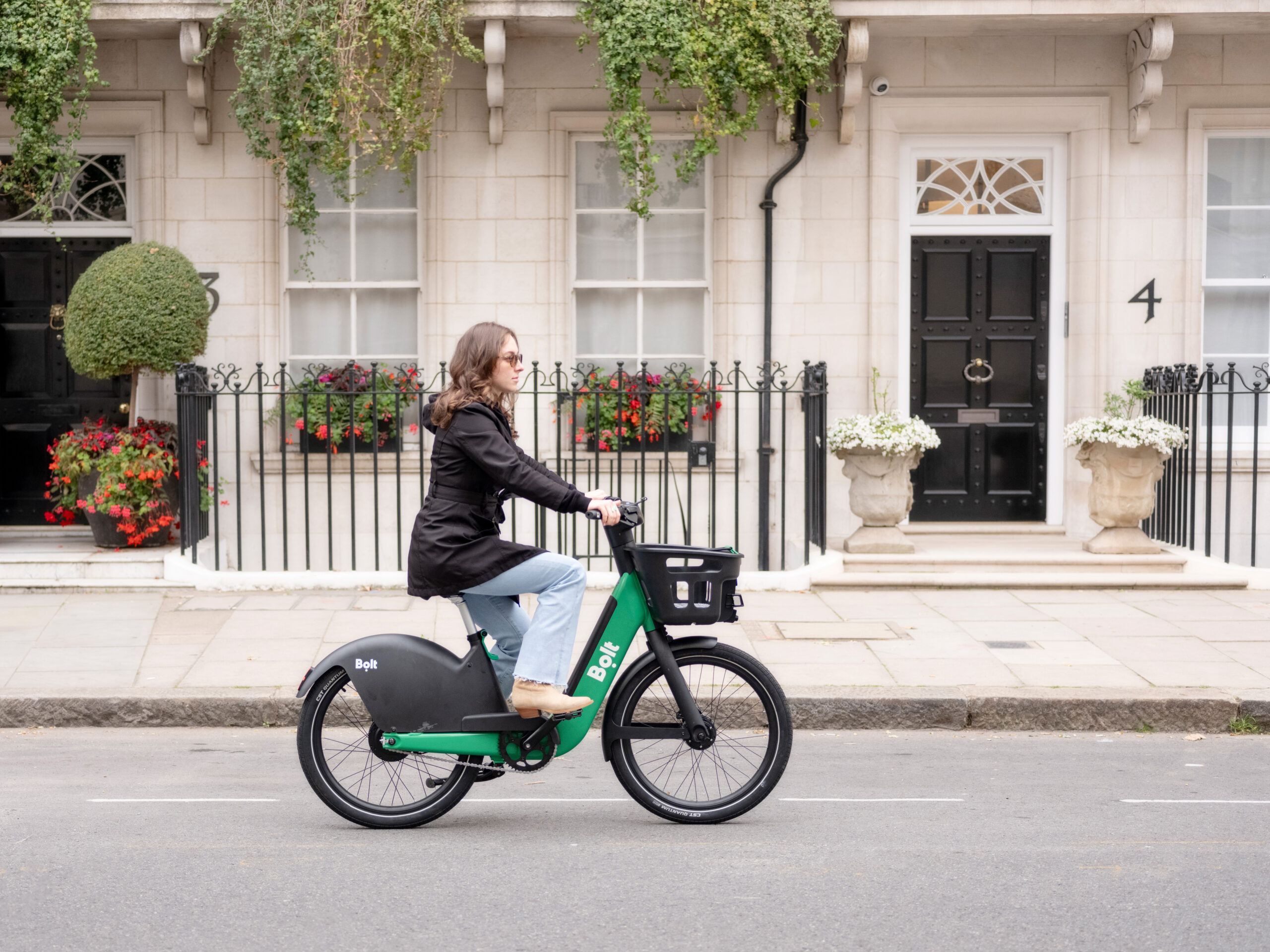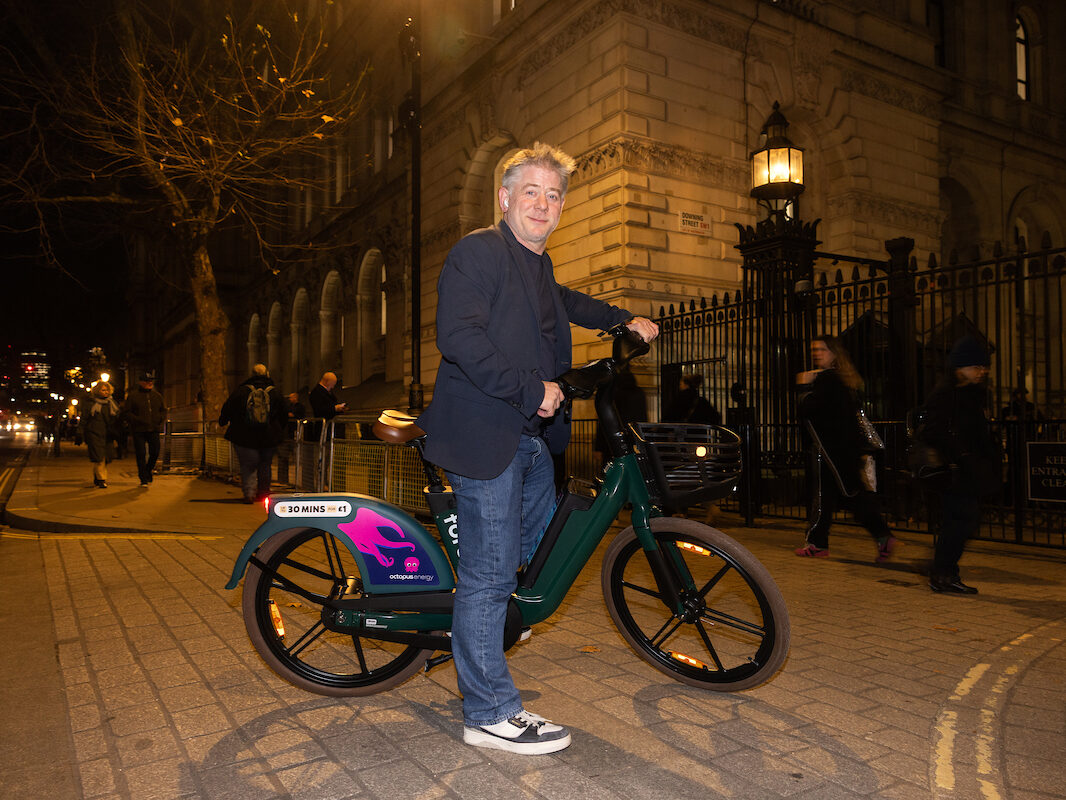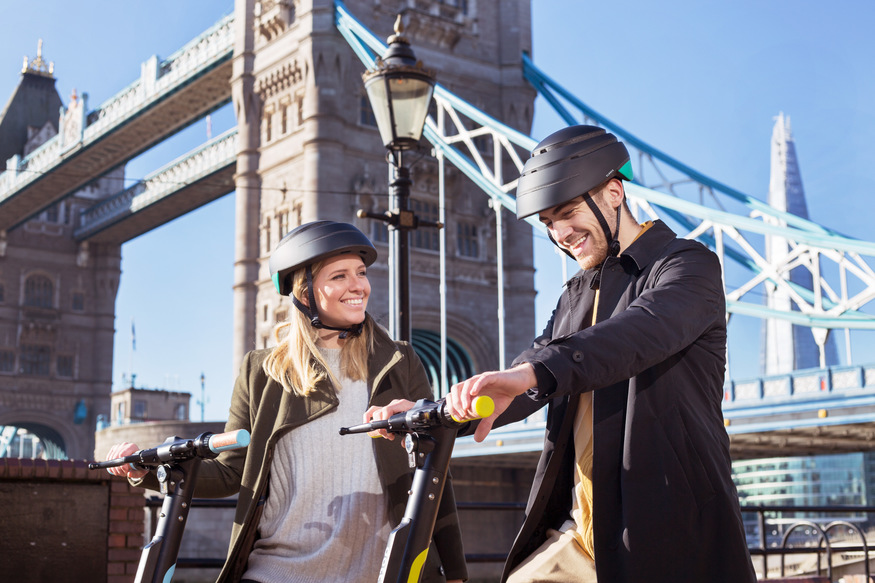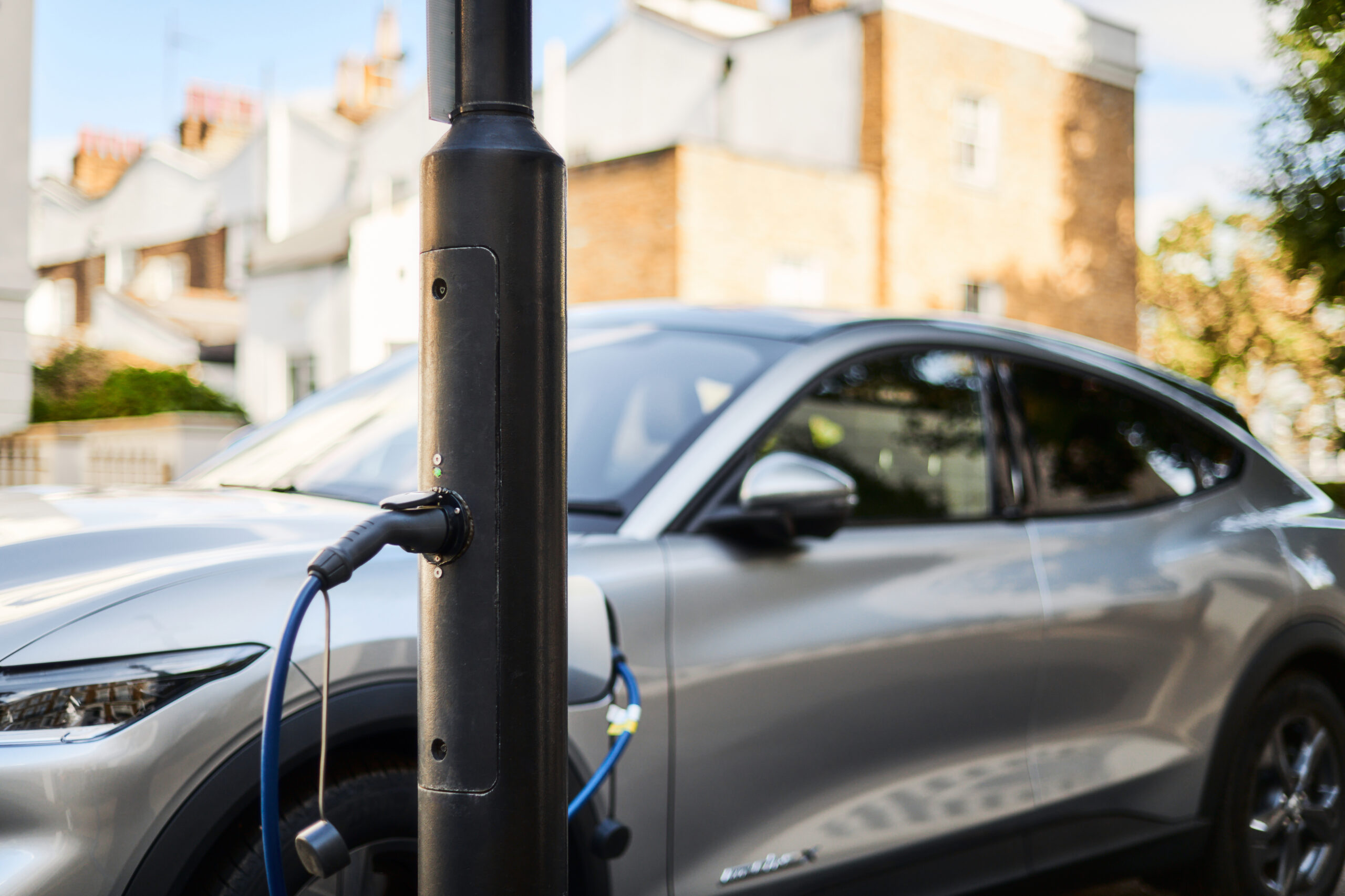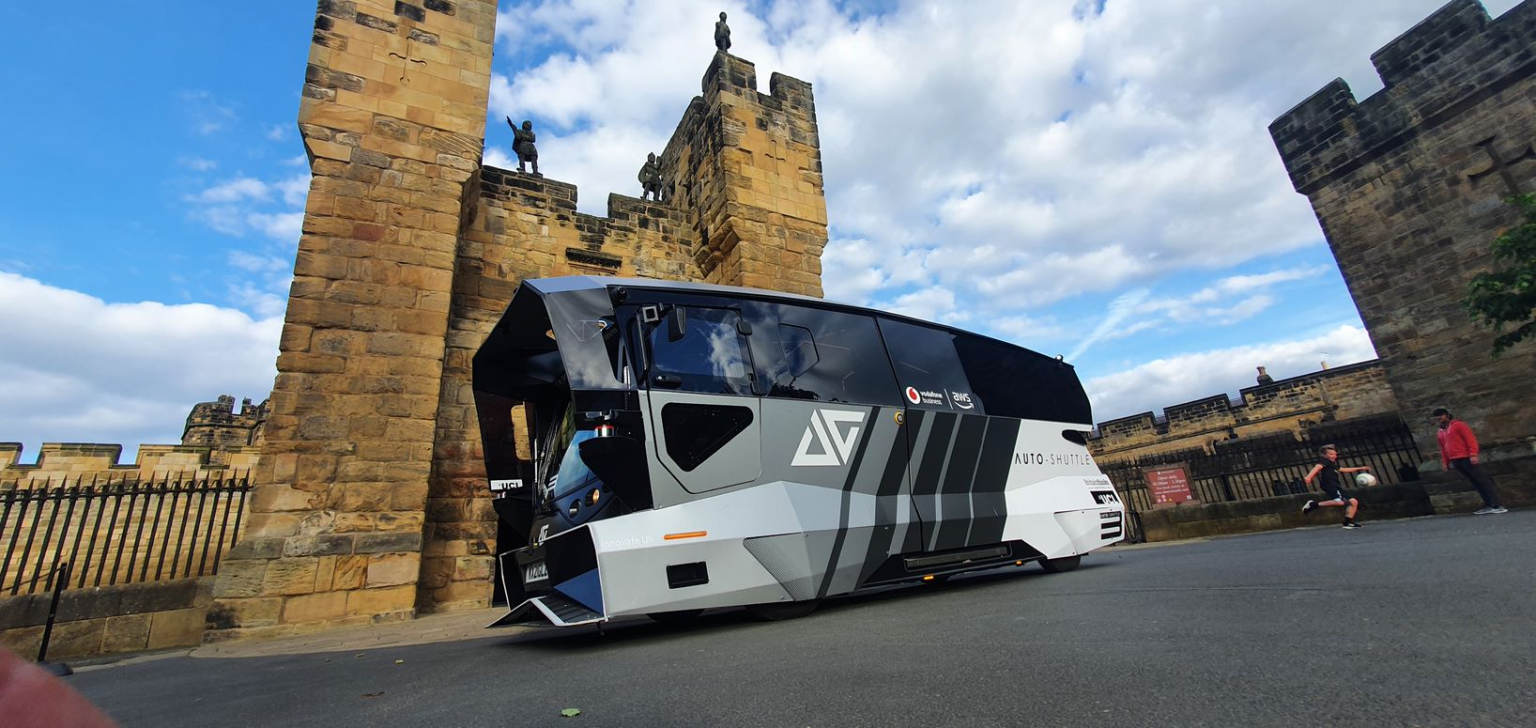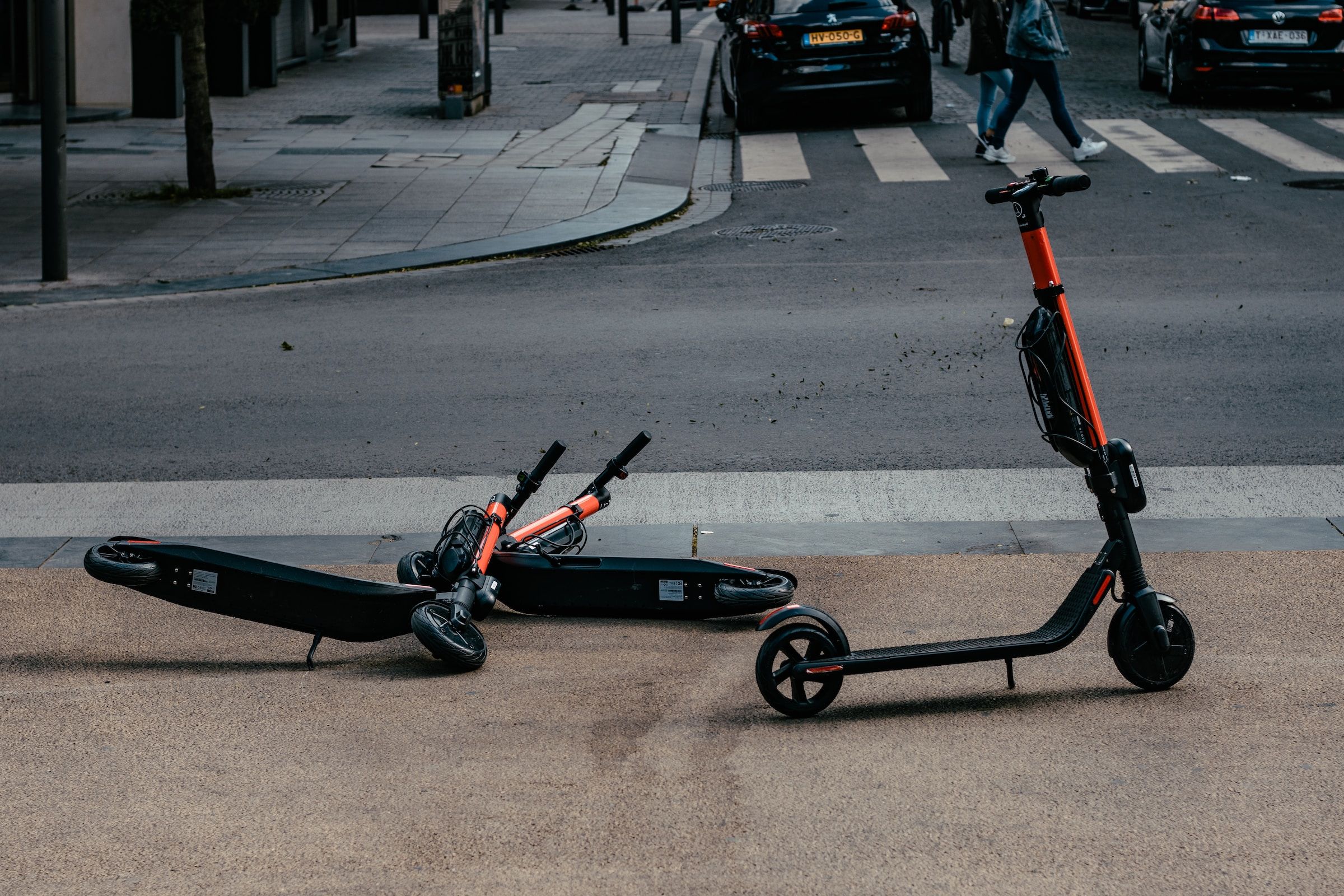Over 50 organisations in the UK have written a joint letter to Prime Minister, Rishi Sunak calling for e-scooter legalisation.
The letter was signed by organisations such as environmental charities and campaigners, local authorities, disabled people’s organisations, micromobility operators and retailers.
It recognises the success of the nation’s extended e-scooter trials and now calls for long-term legislation for low-speed, zero-emission vehicles (LZEVs).
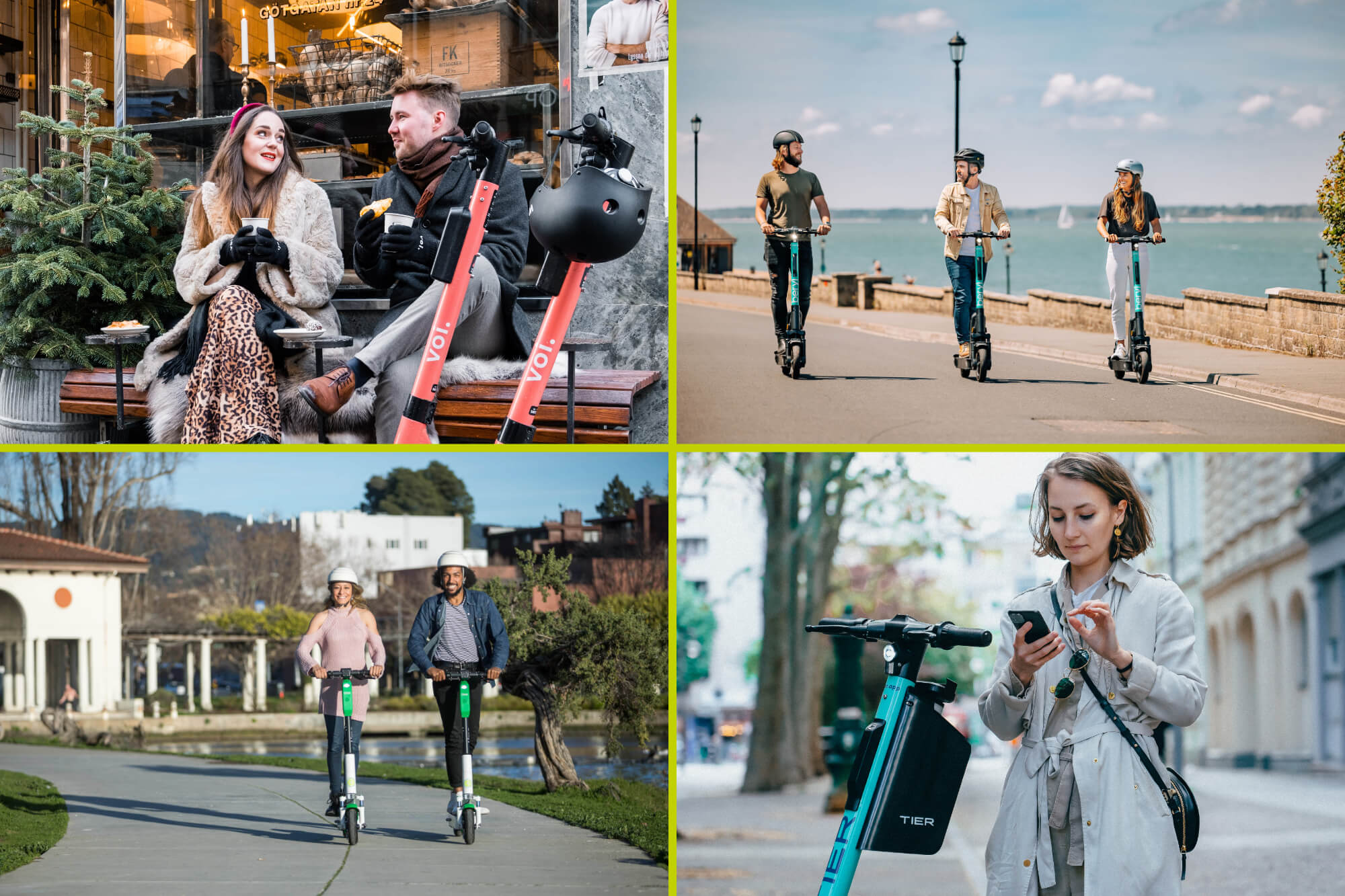
Currently, the UK’s e-scooter trials are due to end after May 2024, resulting in a lack of certainty for their future.
Meanwhile, an estimated 750,000 privately owned and unregulated e-scooters are operating on UK roads, resulting in safety concerns.
The letter to the prime minister thus calls for solid legislation to support those who rely on e-scooters as a sustainable mode of transport. Such legislation would also enable people in areas outside of the current trial zones to benefit from their use and would tackle problems caused by illegally-used models.
A recent survey conducted by Attest with 2,000 respondents suggested that the public supports such regulation. The results found that:
- 56% did not believe the current government approach had been effective at tackling the illegal riding of private e-scooters
- 60% were supportive of new measures to regulate the use of e-scooters
- 73% believed new regulations should be introduced before the next general election
The Department for Transport’s (DfT) Transport Select Committee session on 17 May suggested that the government did intend to legislate e-scooters.
Most recently, the government contracted the Transport Research Laboratory (TRL) and WMG at the University of Warwick to recommend future technical requirements for these vehicles in the UK.
However, the timing for the required bill that would provide regulatory powers for LZEVs is currently unspecified.



